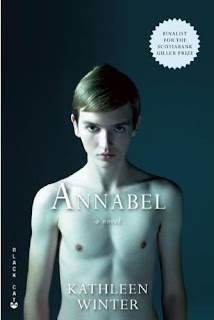Journalist Josua Foer attended the 2005 U.S. Memory Championships
for a story he was working on, and became so intrigued by the methods
used by the contestants he not only embarked on a research project
resulting in this book, but ended up participating in the Memory
Championship himself. He interviews many of the big players on the
memory circuit, as well as researching various aspects of memory
including some unusual cases of superhuman memory and extreme memory
impairment. Woven throughout the narrative are thoughts on the role of
memory and how it has changed throughout history.
In many non-fiction books this tendency to visit related topics
feels like tangential filler, but here Foer stays on track. The related
topics really ARE related and they are fascinating. He explores the
medical aspects of memory and the brain without going into too much
biological detail, and interviews a man who can no longer form new
memories as well as the man who was the inspiration for the movie "Rain
Man" (and, by the way, was not autistic). He considers the importance of
memory from days before the printed word, even observing that the
writing that survives from that era (such as the works of Homer) uses
repetitive phrases to make it easier to memorize, though that sort of
repetition is frowned upon in literature today. He also discusses the
decreased role of memorization in education, wondering if perhaps its
complete elimination isn't such a great idea. And of course he reveals
the methods used by the great memorizers in enough detail that the
reader can try it out.
As someone who can't remember a damn thing (and relies on an
extensive system of post-it notes and emails to myself) I found
everything about this book fascinating. Foer points out that it's a lot
of work to remember what is essentially useless information (strings of
random numbers, for instance) - and doesn't help with more important
questions, like where he left his car keys - but the methods are
valuable for a lot of everyday things like passwords and phone numbers,
and even information about people's birthdays, hobbies, and other
pertinent cocktail party/networking information. It's not a long book
(around 270 pages) but he manages to pack in a ton of fascinating
information and anecdotes, in a tightly woven narrative that is wonderfully readable.

















